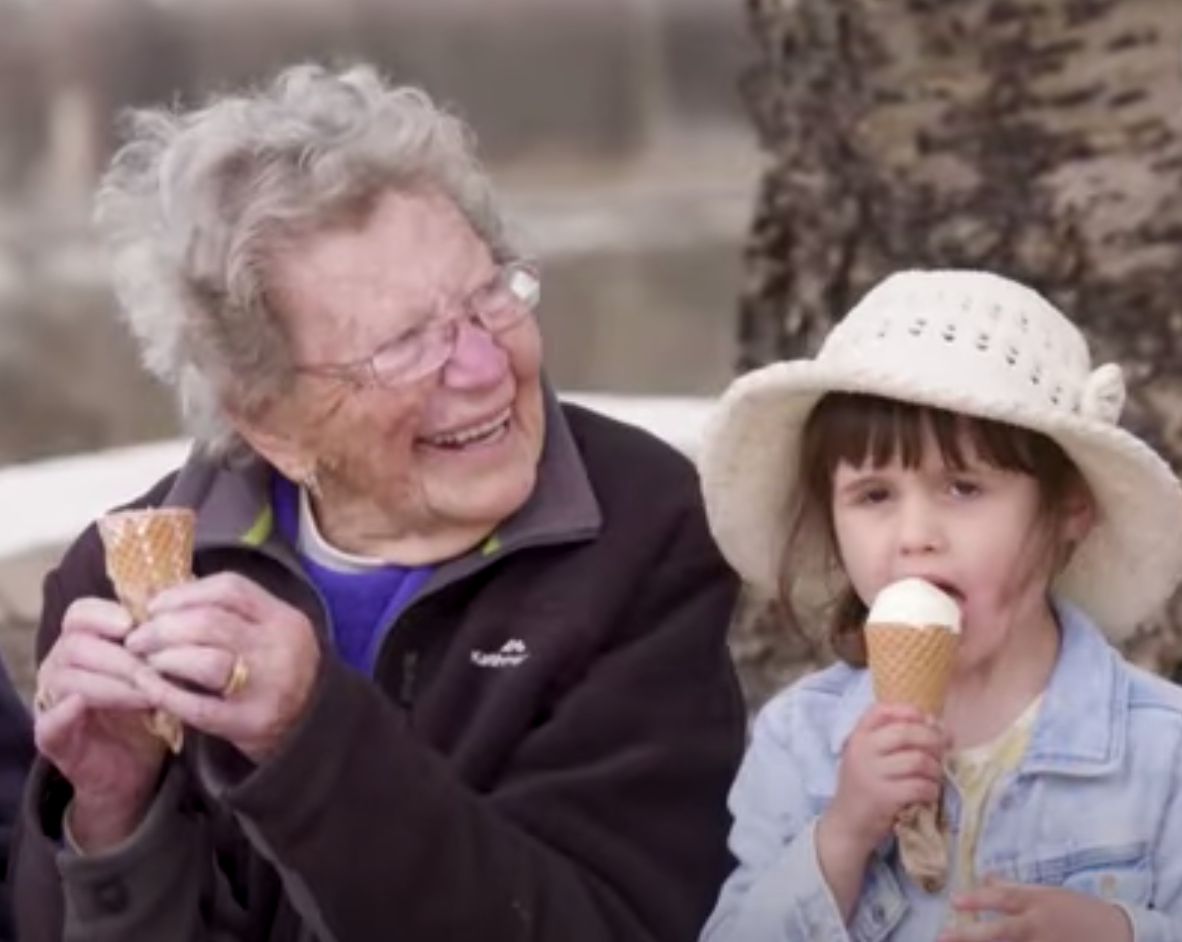INTERACTION: Intergenerational clinical trial in at risk older adults and pre-school children


Associate Professor Ruth Peters
Associate Professor Ruth Peters

Associate Professor Ruth Peters
Associate Professor Ruth Peters uses clinical trials, evidence synthesis and observational studies to develop understanding of risk factors for cognitive decline, dementia and frailty and ways to reduce this risk.
Following the completion of her PhD at Imperial College London she was awarded a UK National Institute of Health Research Post-Doctoral Fellowship prior to moving to Australia in 2018. She has led numerous teams delivering high profile evidence synthesis work in the area of dementia and healthy ageing and has a particular interest in cardiovascular risk factors including hypertension. In particular, she was the dementia lead for the award winning multinational Hypertension in the Very Elderly Trial (HYVET, HYVET-COG) and both her work in hypertension and evidence synthesis are cited widely in the academic literature and by national, international and WHO clinical practice and health guidelines.
Intergenerational contact is the purposeful bringing together of two generations for the benefit of both – in this case older adults and preschool children. Intergenerational practice may be an innovative way of improving the health and wellbeing of older adults while supporting the development of young children.
About the project
Through the INTERACTION trial, researchers ran weekly intergenerational preschool programs for community dwelling older adults. Each two-hour session included shared activities targeting physical and cognitive function and mood, and tailored to the Early Years Learning Framework for Australia.
The intergenerational sessions were well received and attended by children and older adults in two Sydney communities, who described friendships and joy. The next step is to expand to more locations to show beyond doubt whether these sessions can bring health benefits, which could include improving older adults’ physical and cognitive abilities, mood and social engagement, while helping them maintain independence and preventing frailty. Benefits to the children may include increased empathy and language ability. If shown to be effective there are opportunities for scaling up the programs and making them available within existing community facilities nationwide.
The research team evaluated whether the intergenerational sessions are acceptable and deliverable and measured physical and cognitive performance, mood and quality of life in the older adults and language and socio-emotional development in children.
Funding Sources
- Commonwealth grant funding awarded by the Australian Government Department of Health and Aged Care
Keeping the Body in Mind: Vaccines
Keeping the Body in Mind: Primary Care
Addi Moves: Exercise for People from Refugee and Asylum Seeking Backgrounds
INTERACTION: Intergenerational clinical trial in at risk older adults and pre-school children
Mindgardens Functional Neurological Disorders Clinic
Interested to hear more?
Do you want to learn more about past or present Mindgardens work?
"*" indicates required fields
Brings together the strengths of four founding organisations




